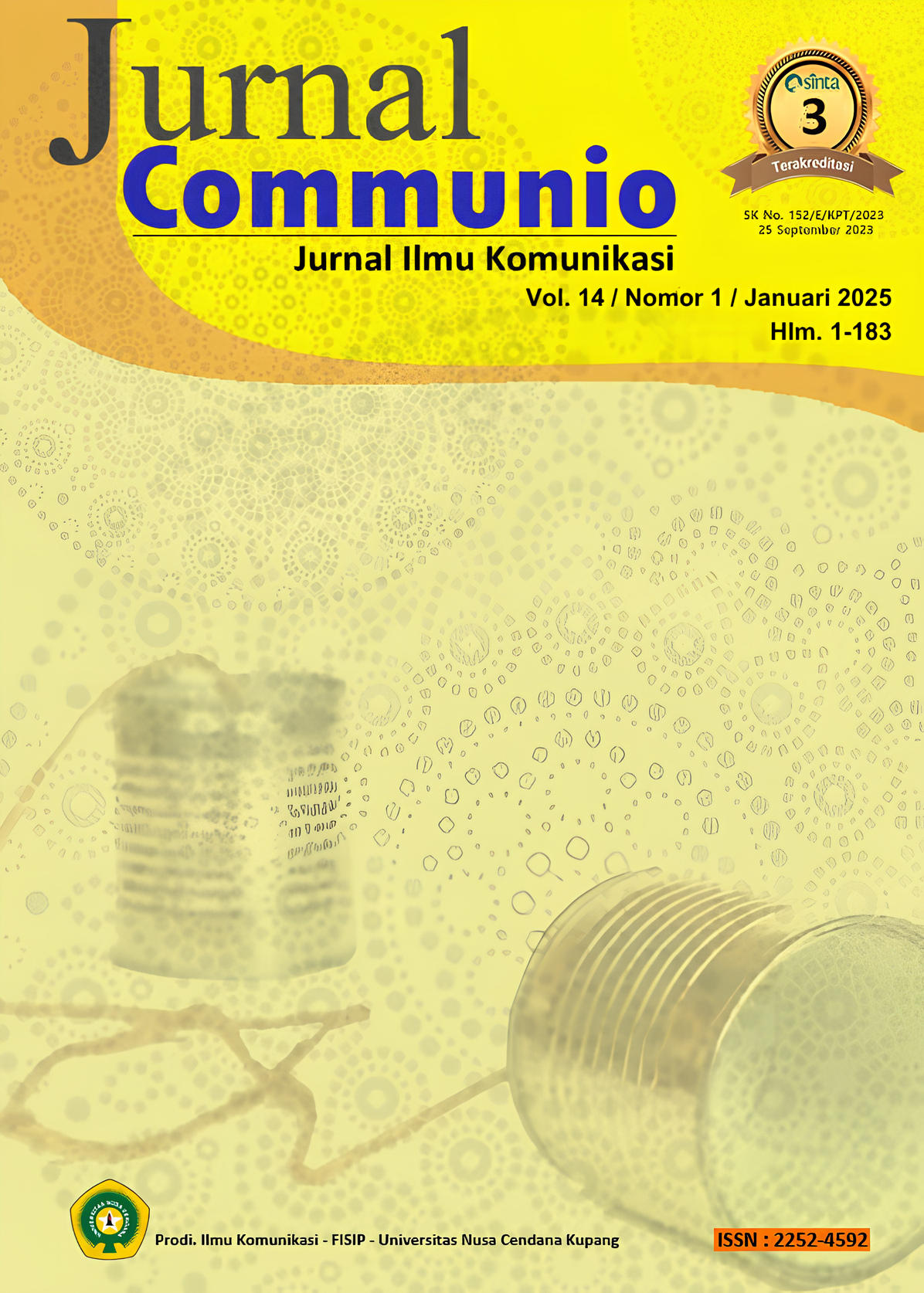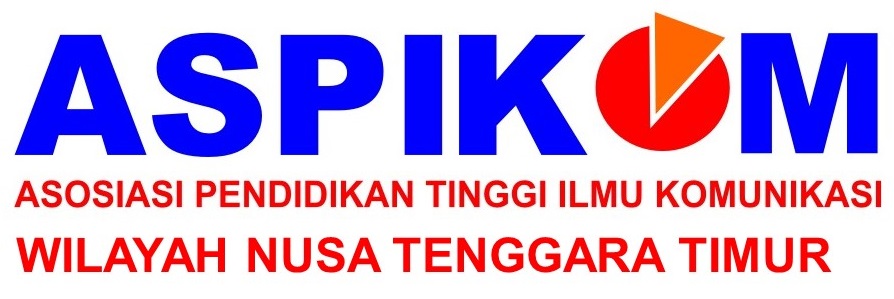National Strategic Projects that are not Strategic for Small Communities: a Critical Discourse Analysis on Tempo.co and Kompas.com
Abstract
This research aims to elucidate the media's involvement in reporting on Wadas over environmental issues that transpired in 2022. Case studies were performed on the internet platforms Tempo.co and Kompas.com, which covered the significant progress of the project and the opposition from the local population. The methodology for gathering primary data is executed by documentation and observation, categorized into video and textual formats. Concurrently, secondary data encompasses books, journals, and additional sources. Sample acquisition with purposive sampling. Data analysis employing Critical Discourse Analysis via textual practice, discursive practice, and social practices. The CDA analysis indicates that the government's policy is unfavorable to the Wadas community. According to the practice text, Tempo.co's reportage generally favors the oppressed, whereas Kompas.com maintains a neutral stance with formal diction, overtly aligning with one party. Discursive practice generates Tempo.co and Kompas.com, both emphasizing the impact of institutional frameworks and social dynamics on the creation and dissemination of texts. The Wadas conflict affects the economic, political, ecological, cultural, and social factors on a broad scale. Thus, it shows the government's failure to realize the third principle of the 1945 Constitution, which is to bring welfare to all Indonesian people, by causing unrest and turmoil in the local community with policymakers.
Copyright (c) 2025 Muh Abiyan Alif Said, Subkhi Ridho

This work is licensed under a Creative Commons Attribution-NonCommercial-ShareAlike 4.0 International License.











 The articles in Jurnal Communio are licensed under a
The articles in Jurnal Communio are licensed under a 